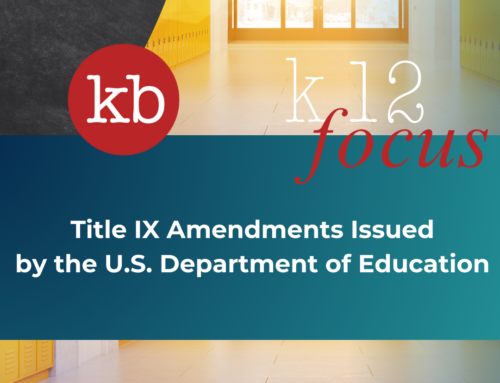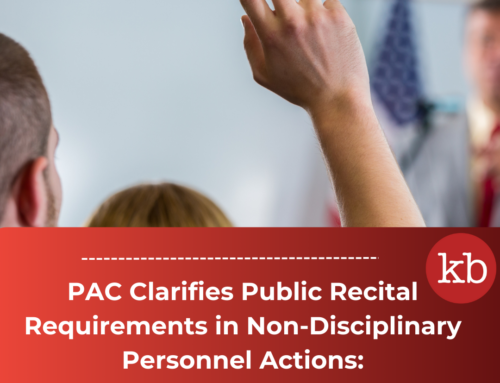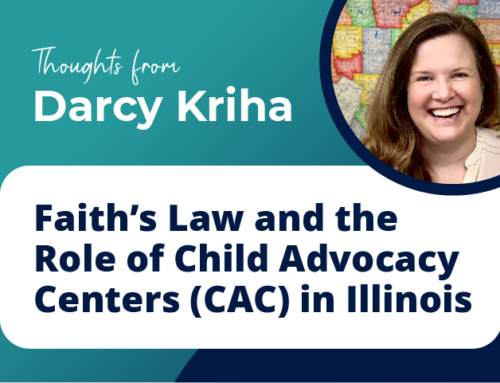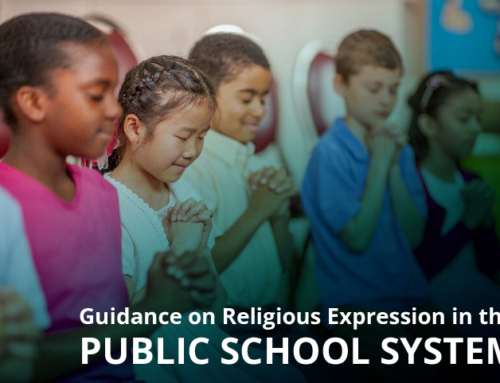By: Rob Swain
In a unanimous decision, the Supreme Court held that a student eligible for special education may file a lawsuit in court for damages under the Americans with Disabilities Act without first going through (“exhausting”) administrative due process procedures under the Individuals with Disabilities Education Act (IDEA).
The exhaustion doctrine is an important principle found in many areas of law. Where a specialized government agency has unique complaint processes for resolving disputes, legislatures often require parties to use that process before going to court. The IDEA is one such example, as parents and students must file administrative due process complaints, rather than a lawsuit, to get relief that is “available under” the IDEA. The same provision specifically allows children with disabilities to pursue claims under the ADA Section 504 or other similar federal laws, so long as the claims do not seek relief “available under” the IDEA. The “available under” analysis determines which claims must go through due process and which do not.
Initially, the Illinois courts adopted a broad view of the relief “available under” the IDEA. In a leading case from the Seventh Circuit (the federal appeals court in Illinois), parents filed a lawsuit claiming that a teacher encouraged other students to bully their child due to his disabilities. The Seventh Circuit sent them to administrative due process instead asking: “Why do Charlie’s parents want money?” Presumably, at least in part, to pay for services (such as counseling) that will assist in the recovery of his self-esteem and promote his progress in school. Yet, the school district may be able (indeed, may be obliged) to provide those services in kind under the IDEA.” Charlie F. v. Board of Education, 98 F.3d 989 (7th Cir. 1996).
The Charlie F. standard was curtailed significantly by the Supreme Court in 2017. In a case out of Michigan, a child had a service dog to help with tasks such as maintaining balance, retrieving dropped items and turning lights on and off. The school provided a 1-1 aide to meet those same needs rather than allow the service dog into school. There was no denial of FAPE because there was an aide — but the family filed a lawsuit for damages under the ADA, arguing that barring the service dog was disability discrimination. The Supreme Court held that exhaustion did not apply and that the case could go forward because exhaustion was tied to FAPE itself, stating, “[The] exhaustion rule hinges on whether a lawsuit seeks relief for the denial of a free appropriate education.” Fry v. Napoleon Community Schools, 580 U.S. 154 (2017).
The Supreme Court revisited the IDEA exhaustion requirement last week. In another case out of Michigan, a district provided a deaf student with sign language interpreters over the years. However, by senior year of high school, the student was only reading at a third-grade level. The parents blamed the quality of interpretation, including one interpreter who had to teach herself sign language and another who was absent for hours at a time. The parents filed for due process, claiming that the insufficient interpretive services were a denial of FAPE, and the school ultimately agreed to provide compensatory education.
The family then filed a separate lawsuit in court, seeking monetary damages because the insufficient interpretive services also violated the ADA. The Michigan courts initially held that IDEA exhaustion barred the lawsuit, but the Supreme Court disagreed. Despite the fact that the original complaint was for a denial of FAPE and the ADA claim was based upon the same denial of services that also violated FAPE, the ADA lawsuit was for monetary damages — and these damages are not “available under” the IDEA. Perez v. Sturgis Public Schools, No. 21-887 (March 21, 2023).
The implications of Perez will depend upon the facts of a particular situation, but there are certainly situations in which the ramifications will be significant.
For Supreme Court watchers, it is interesting that Fry and Perez were both unanimous decisions. In particular, the decision in Fry was written by Justice Kagan and the decision in Perez by Justice Gorsuch. Not often do we see two unanimous rulings on the same subject, half a dozen years apart, from ideological opposites on the Supreme Court.
Feel free to contact Rob Swain, Darcy Kriha or any of the attorneys at Kriha Boucek with questions about Perez or how IDEA exhaustion might impact a situation in your district.
DISCLAIMER
This newsletter, provided by Kriha Boucek, is for general educational purposes only. For more comprehensive information, you should seek the aid of legal counsel. You can download the newsletter here, kb_supreme-court-allows-ada-claim-V2.




